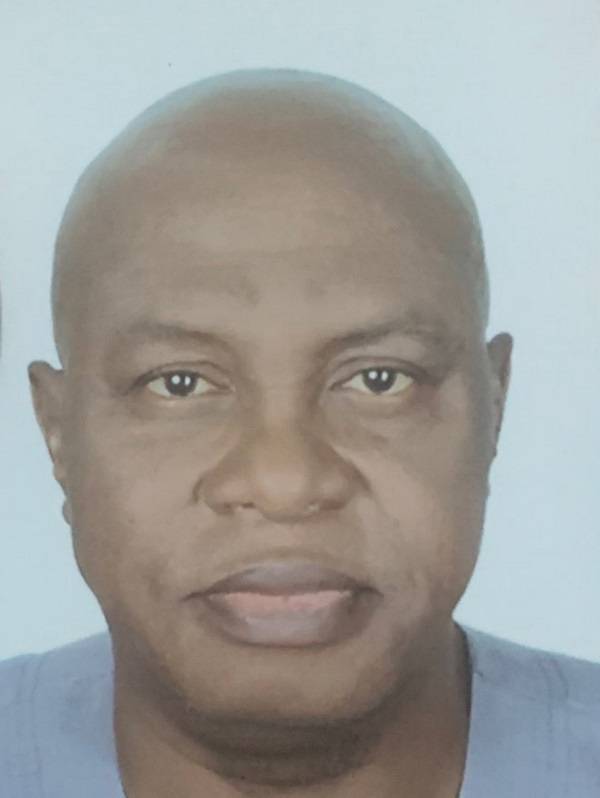
The recent controversy surrounding the proposed 5 per cent excise duties on telecommunications services in Nigeria has raised concerns about the role of government officials and the impact of their actions on the country’s economy.
The Communications and Digital Economy Minister, Dr. Isa Pantami, had initially opposed the duties, but his approach to the matter has been criticised for being overly grandstanding and lacking in diplomatic efforts.
The Finance Act 2020 prescribed the duties, among others, to be collected by the Nigerian Customs Services (NCS), but Pantami felt he could overrule that Act by his connection to the Presidency. He claimed he was not consulted before the decision was taken and spoke out against the excise duty, vowing to resist it to the end. He even got Presidential permission to set up a committee to review the excise duty position, but unfortunately, he made himself chairman of that committee, becoming a judge in his own cause. Legal minds understand the nature of the judgment that will come from this contrived committee. Even industry regulators, the Nigerian Communications Commission (NCC), had no input, as the minister ran the race alone.
After all the rigmarole and running in circles, the minister obtained ‘a black market’ approval to suspend the excise duties on telecommunications services. However, the reality of the Finance Act 2020, an act of Parliament that can only be overruled by Parliament and not the President, was not taken into consideration. This led to the Finance, Budget and National Planning Minister, Hajia Zainab Ahmed announcing recently that the excise duty collection takes effect from June 1, 2023.
Pantami’s ambitious pursuit to play ‘god’ in other areas of telecommunications since 2019, where he saw the sector as a conquered territory, led to this avoidable controversy. He disconnected the social equilibrium by taking up the role of a god, and today telecommunications subscribers and operators may have to grapple with the unfortunate realities of paying extra 5 per cent excise duties despite the existing 7.5 per cent Value Added Tax (VAT). By May 29, 2023, he will be out of office and leave the rest of us to cope with what was avoidable if it was properly managed.
Analysts blame the situation on a lack of diplomatic approach, and hence the impending loom. This is saddening for Nigerians who are already struggling with the country’s rising inflation rate of about 22.04 per cent.
The government listed the 5 per cent excise duty on telecom services as one of the fiscal measures to implement this year. The new fiscal policy measures also include excise taxes ranging from 20 per cent to 100 per cent increases on previously approved rates for alcoholic beverages, tobacco, wines, and spirits effective from June 1, 2023. The tax is applicable on mobile telephone services, fixed telephone services, and internet services – both postpaid and prepaid.
Network service providers had reasoned that their customers would have to bear the cost of the new taxes, leaving consumers bewildered by the government actions. The exemption of the digital economy sector from the five per cent excise duty, which was approved by President Muhammadu Buhari, in March 2023, was in line with the recommendations of a committee, the Presidential Review Committee on Excise Duty in the Digital Economy Sector, which was constituted to review the implementation of excise duty in the telecom sector. Pantami chaired that review committee.
Pantami’s office countered the excise duties last week, saying that “the Minister of Communications and Digital Economy, hereby assures the sector and the general public that the President’s approval supersedes all other declarations regarding the issue, and we stand by it. Any contrary proclamation should be disregarded by the general public”. The statement further recalled that the minister “has vehemently opposed the proposed 5 per cent Excise Duty for Telecommunications Services on the grounds that it is unjustifiable, as it will be burdensome for the citizens of the country.”
In conclusion, the controversy surrounding the proposed 5 per cent excise duties on telecommunications services in Nigeria could have been avoided if proper channels were followed. The role of government officials in the country’s economy should be guided by diplomatic efforts, and not by personal interests or connections to the high and mighty. It is essential to strike a balance between the government’s revenue generation and the citizens’ welfare, as any imbalance could lead to avoidable controversies like the one we are witnessing today.

